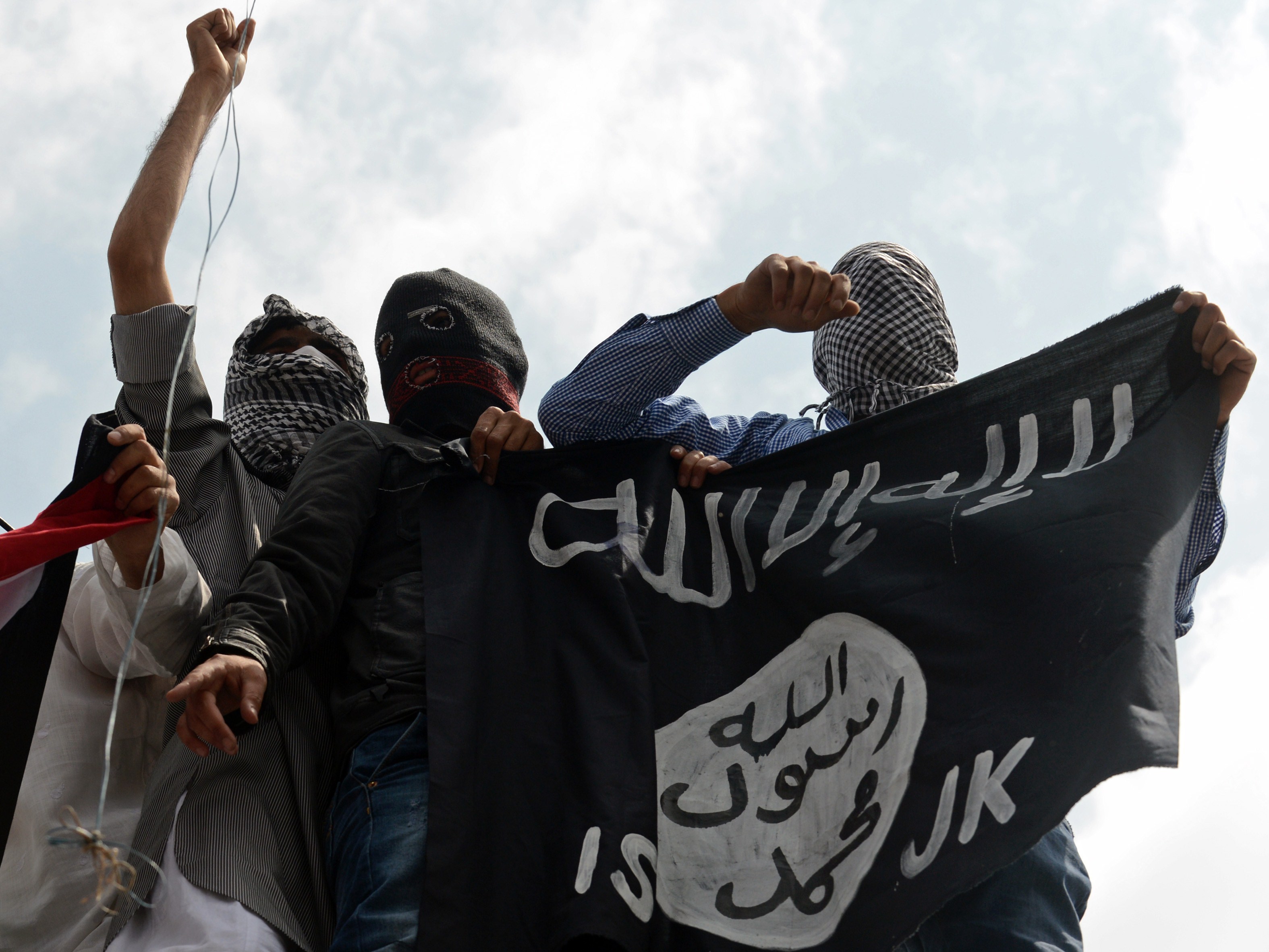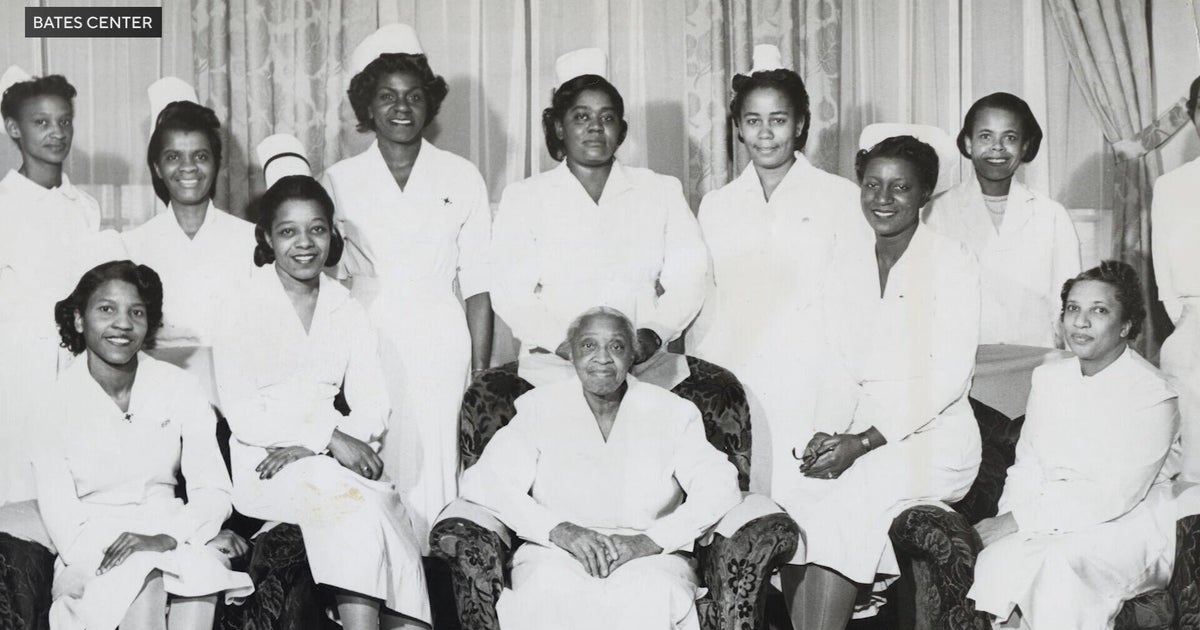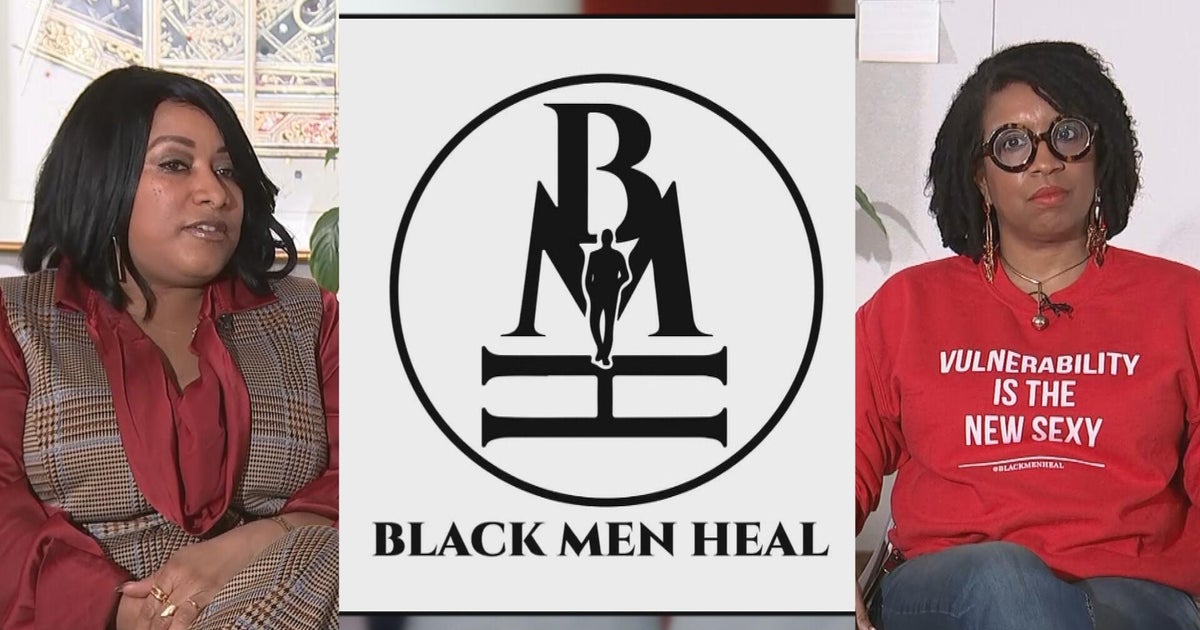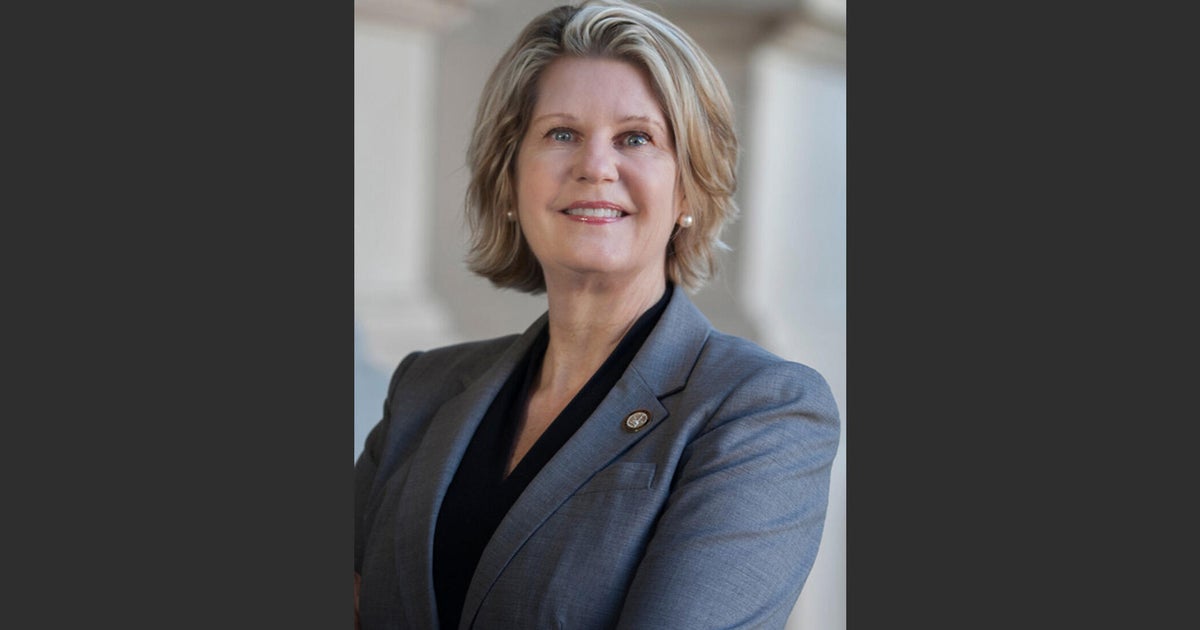2014 In Review: Top National Headlines
To look back on the headlines of the past year is to see conflict, war, disease, protest, a startling scientific achievement, and the death of a man who brought joy to countless people.
2014 was also an election year, and it brought change in political power, as well as a more lenient approach to marijuana in some U.S. communities.
A few of the year's biggest stories were international in scope, and they're on this list because they captured our attention or gave us serious cause for concern.
What follows is a glance back at the last 12 months. As we step forward into 2015, take a moment to assess how the nation, and the world, has changed.
January
The Ebola Virus
What was to become the largest Ebola outbreak in history began in December of 2013 in the West African country of Guinea. The devastating and highly infectious disease spread through the region's porous borders, and cases eventually popped up in the United States, leading to health workers getting infected and nationwide unease. As of writing, the World Health Organization says more than 6,000 people have died of the disease in Guinea, Sierra Leone and Liberia.
February
The Winter Olympics
The XXII Olympic Winter Games were held in Russia in Black Sea-side city of Sochi. Leading up to the games, there was controversy over how LGBT athletes would be treated and concerns of terror attacks. In the end, aside from one memorable technical glitch and stories about stray dogs, the event was deemed a success. Athletes from the host country took home the most gold medals (13), followed by Norway (11) and Canada (10). The United States came in fourth with 9.
March
Malaysia Airlines Flight 370
The disappearance of the Boeing 777 caught the world's attention. The flight was headed to Beijing from Kuala Lumpur, and it carried 227 passengers from 15 countries. The search for the plane has been the largest ever in scope and expense. As of writing, no debris have been found.
The Crisis In Crimea
In the wake of the Ukrainian Revolution, pro-Russian forces moved into key points in the Crimean Peninsula, with suspected Russian soldiers among them. Soon after, a referendum was held in which people in Kiev and Sevastopol voted to break off from Ukraine and join the Russian Federation. This move was internationally condemned by Europe and the United States, in that it violated Ukraine's constitution and international law. The region remains torn, and Russia faces sanctions from the west.
Ray Rice Indicted
The Ravens running back was indicted on assault charges for punching his wife-to-be in an elevator. Initially, the NFL suspended Rice for two games. But after public outcry and the release of more video, the league revamped its policy and suspended the player indefinitely. Later in the year, Vikings running back Adrian Peterson was indicted on charges of child abuse for disciplining his 4-year-old son with a switch. The combined incidents with prominent players prompted the league to take a more public stand against domestic violence.
April
Boko Haram Mass Kidnapping
During one mid-April night, the Islamic terrorist organisation based in northeast Nigeria kidnapped more than 257 schoolgirls in the town of Chibok. The act of terror prompted international outcry, and more than 200 girls are still missing. The leader of Boko Haram has said that the girls have now converted to Islam and been married off.
June
The Rise Of The Islamic State
From the chaos of the civil war in Syria grew the Islamic State of Iraq and Syria (ISIS), which is also translated as the Islamic State of Iraq and the Levant (ISIL). The extremist group calls itself the Islamic caliphate, and have violently claimed land in northern Iraq and Syria so as to set up a Sunni state. In doing so, they've killed many and produced videos aimed at recruiting Muslims worldwide to join their cause. Americans -- some from Minnesota -- have reportedly gone to fight for them.
The World Cup
The massive soccer event was hosted in Rio de Janeiro, and the world watched as Germany emerged victorious. Even in the United States, where soccer isn't nearly as popular as football, sports fans watched as the United States' players -- most notably bearded superman goalie Tim Howard -- fought for their tournament lives. In the end, the Germans convincingly showed that team work, not star power, wins global championships.
July
Ice Bucket Challenge
Although the origins of this social media sensation started well before July, it was in the middle of the summer that this challenge for charity really started to gain momentum. The idea behind it is that people challenge each other to either donate $100 to charity -- in most chases to raise awareness for ASL, or Lou Gehrig's disease -- or record themselves having a bucket of ice water dumped over their heads. All over the world, people participated, including the WCCO-TV crew. There was also no shortage of ice bucket blooper videos.
August
The Death Of Robin Williams
When Robin Williams took his life on Aug. 11, a pang of emotion swept the world. With heavy hearts, fans and other artists took to social media to express their grief and remember the actor/comedian's finest moments.
September
Airstrikes On Syria
After ISIL beheaded several western hostages -- including Americans James Foley and Steven Sotloff -- President Obama initiated a campaign to "degrade and destroy" the Islamic State.
October
Canadian Parliament Shootings
The "act of terror" that occurred on Oct. 22 placed downtown Ottawa on lockdown. Michael Zehaf-Bibeau, 32, fatally shot a Canadian soldier who was on ceremonial guard duty. He then stormed into the Parliament building and exchanged fire with the guards there before being killed. The incident was recorded on video, and the sound of the bullets echoing throughout the Canadian Parliament was unnerving.
November
Balance Of Power, Legal Pot
Following the midterm elections, the balance of power in Washington shifted toward the right. The Republicans now control the Senate, and they seek, among other things, to undo Obamacare. On the other hand, socially liberal voters in Oregon and Alaska moved to legalize retail sales of marijuana. Similarly, voters in Washington D.C. chose to make smoking recreational pot legal. Still, it's against the law to sell pot in the nation's capital.
Comet Landing
The Rosetta space probe lander Philae successfully landed on a comet on Nov. 12. This was the first time mankind had accomplished such an engineering feat. The lander's mission is the study the comet, find out what it's made of and how its environment changes over time.
Ferguson Verdict
When a grand jury in Ferguson, Missouri, decided not to indict a white police officer in the shooting death of an unarmed black teenager, protests sprang up in Ferguson and across the country. The Black Lives Matter movement put America's issues with race in the spotlight, and that only continued after another black man in New York died after being put in a headlock by police. Before he passed, the man told officers several times, "I can't breathe."
December
Taliban School Shooting
On Dec. 16, seven Taliban terrorists attacked a school in Pakistan, killing a total of 145 people, most of them school children. The aim of the attack was to kill the children of Pakistan army officers. It was the deadliest terror attack in the country's history.
U.S Normalizes Relations With Cuba
In a surprise announcement, President Obama proclaimed that the U.S. was changing its decades-long policy towards the communist island of Cuba. The thaw in relations came after secret meetings in Canada and with the Pope. Going forward, travel restrictions will be eased on Americans, there'll be fewer restrictions on remittances, and the United States will again have an embassy in Havana. Still, the embargo on the country remains. Only Congress can change that, and the president said he hopes lawmakers will make the long-standing embargo part of history.
Sony Hack, 'The Interview' Scrapped
A group of hackers calling themselves the Guardians of Peace hacked Sony Pictures and for weeks released sensitive emails, deeply embarrassing the Hollywood company and costing it millions of dollars. The perpetrators said they hacked the company because of the comedy "The Interview," which stars Seth Rogen and James Franco in a plot to kill the leader of North Korea. Following the leaks, the group issued a threat, saying there'd be 9/11-style violence in theaters showing the movie. Not long after the threat was issued, several of the nation's largest theater chains said they would not screen the movie after Sony gave them the option to back out. After that, Sony decided not to release the movie on Christmas day. While some saw this as an act of prudence, others -- including the president -- found the allowed censorship of American artists by an overseas authoritarian government deeply troubling. He called not releasing the film "a mistake."








